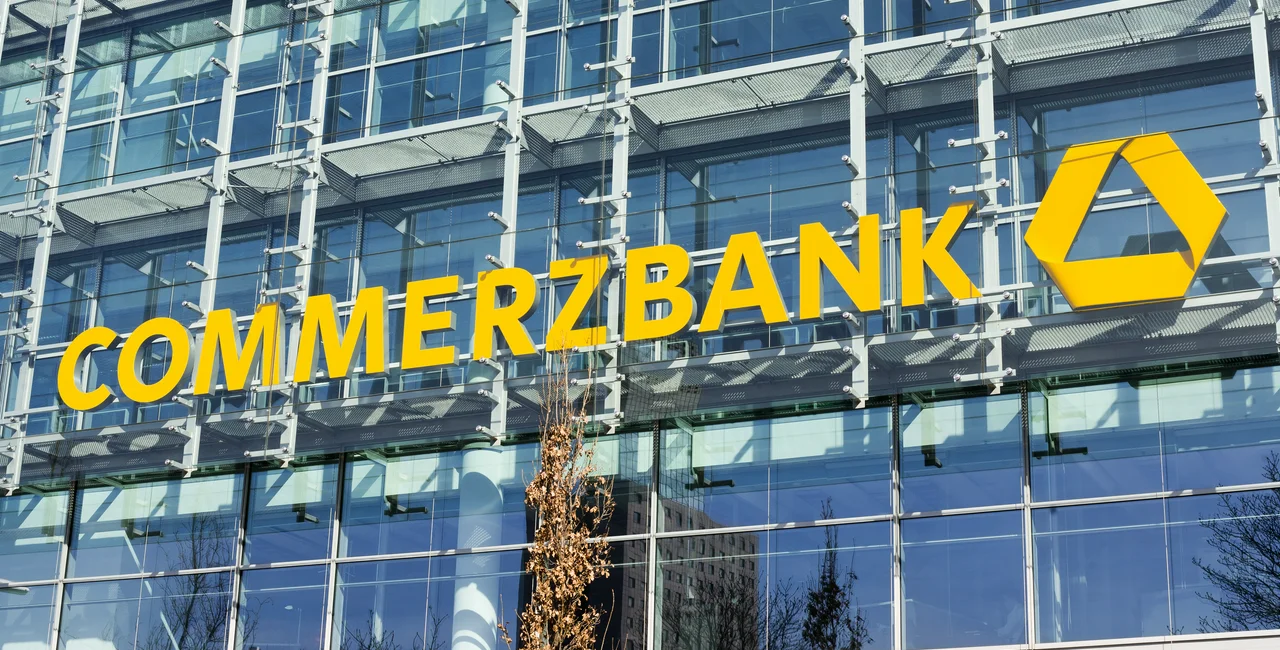The global economy is being deeply impacted by technological innovation, and few traditional sectors are more closely implicated in this change than banking. The need to facilitate flows of money while keeping clients’ cash safe is forcing banks to focus energy and resources on developing advanced digital systems that are user friendly and safe.
German financial giant Commerzbank, which operates a Digital Technology Center (DTC) in Prague as a hub for IT activities across every area of its business, illustrates this trend in practice. The impressive scope of the DTC’s activities reflects the importance of IT throughout the modern banking world.
What is a modern bank?
Banks have had to evolve in recent years in order to continue carrying out their core financial functions. Large banks have become powerful IT institutions in their own right, as each service requires specific IT development and support. What’s more, every element in this dizzying array of IT solutions, both for customer use and for internal purposes, requires rock-solid cybersecurity to protect people’s and institutions’ money.
“What are banks these days? They are IT companies; they have to be user-friendly, fast, able to offer new attractive products based on the needs of customers. They need systems which are attractive and secure enough,” says Igor Savič, Head of Commerzbank’s DTC in Prague.
Commerzbank’s DTC in Prague is a prime example of this evolution. As the first of three locations in Europe hosting and developing the bank’s core IT functions, it is at the forefront of a new age of digital banking. The DTCs represent Commerzbank’s own dedicated “Silicon Valley,” pushing the boundaries of technical innovation to drive business.
“Prague is the perfect location for Commerzbank’s DTC because it’s the capital city, with universities and highly-skilled technical people. What’s more, our office language is English, which attracts many foreigners; we currently have 61 different nationalities working in DTC Prague,” Savič adds.
Commerzbank’s DTC delivers a complete stack of technological services, covering everything from app development and maintenance, to exploring the potential deployment of artificial intelligence. As a dedicated “delivery organization” for Commerzbank, the DTC is split into myriad work clusters and cells, replacing the old organizational environment involving front office, middle office and back office functions.
“Now, you have separate applications that are used by different departments, covering the entirety of that particular area, such as the act of opening an account with Commerzbank, for example. The whole life cycle of that process is in one particular cluster,” explains Savič.
More IT necessitates tougher security
Rapid digitization means cybersecurity for the banking sector is of paramount importance. Breaches of IT systems could affect not just individual banks, but millions of customers and potentially the global financial markets.
At Commerzbank’s Prague DTC, a dedicated cybersecurity cluster works on the company’s Privileged Access Management (PAM) system. 35 professionals including developers, operations engineers and business experts work day and night to protect the bank’s internal systems from attack.
“Every corporation, including Commerzbank, faces the question of how to manage and secure identities which exist in their internal ecosystem,” explains Viktor Timko, Product Owner for PAM Privileged Access Security at Commerzbank. “PAM is an internal tool implemented in Commerzbank which has changed how IT personnel access their devices to perform daily tasks.”
“Our system stores, manages and monitors credentials of accounts and provides connections to the target device without the need to reveal the password to administrators. Connections are isolated and used passwords are automatically changed after the connection is closed. The connection feels and looks the same, but we avoid the use of simple or repeated passwords across our environment.”
Passing on knowledge
As one of Czechia’s major IT hubs, Commerzbank’s DTC also puts serious effort into fostering future IT talent. The DTC runs educational programs for university and high school students that provide a taste of working in a focused IT environment.
“We have a pool of up to 40 university students who rotate across our chapters at the DTC, giving them the chance to understand how our teams work. For us, these students are a great source of fresh ideas,” says Igor Savič.
In addition, Commerzbank recently opened a program for educating high-school children in IT during two weeks of work experience mandated by the Czech educational system,
“This year, the first week consisted of presentations and knowledge building, then the second week saw students working in a virtual ‘sandbox’ on selected tasks. At the end of the two weeks, they presented what they worked on to our management group in English. I was so impressed by these young guys,” says Savič.
The impetus to educate young people stems from the same fundamental change that drives Commerzbank’s cybersecurity activities and the autonomy of its DTC. As banks increasingly come to resemble IT companies and rely on IT experts, Commerzbank’s Prague DTC is at the forefront of efforts to make banking more effective and secure, both today and in the years to come.












 Reading time: 4 minutes
Reading time: 4 minutes 





















